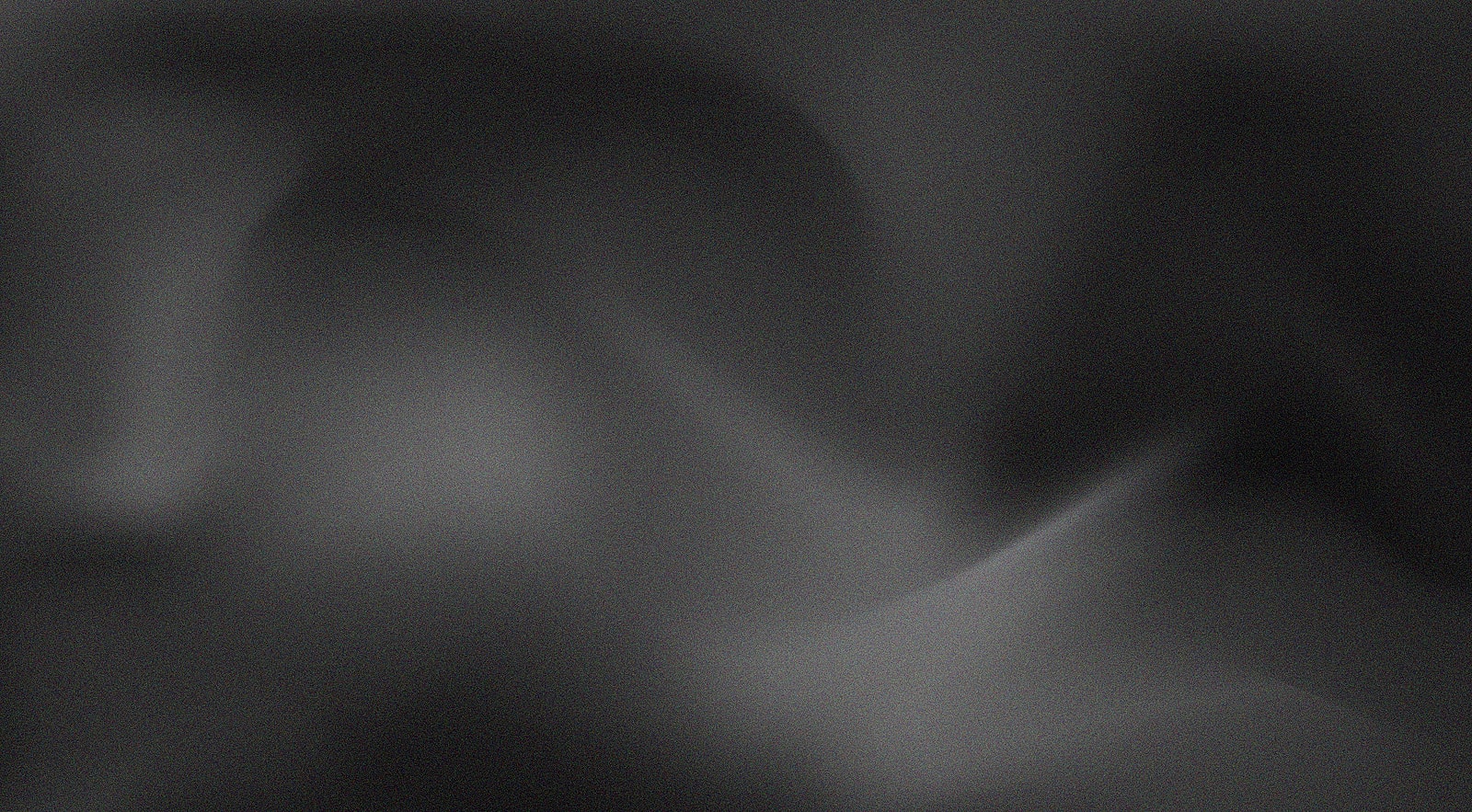
Plantar Fasciitis



Plantar fasciitis is one of the most frequent—and most frustrating—causes of heel pain we see at our clinic. This condition arises when the plantar fascia, the thick band of connective tissue linking the heel to the toes, becomes strained, irritated, or inflamed.
At New Orleans Podiatry, your experience begins with a thorough clinical evaluation and same-day diagnostic imaging to identify the root cause of your discomfort. Under the expert care of Dr. Edward Lang, we craft a personalized treatment plan tailored to your lifestyle and goals. From targeted stretching and precision-guided therapies to state-of-the-art regenerative treatments designed to restore and protect tissue health, our approach focuses on creating lasting relief—and getting you back to the activities you love, comfortably and confidently.
Plantar fasciitis, pronounced (PLAN-tur fas-e-I-tis), is a term used by physicians to refer to heel and arch pain traced to inflammation of the plantar fascia — a thick, fibrous band of aponeurosis running along the bottom of the foot. The plantar fascia attaches to the calcaneus (heel bone) and runs to the base of the toes. The plantar fascia supports the foot arch and is essential in foot mechanics during walking.
Plantar fasciitis occurs when the plantar fascia is strained or damaged, often from overuse, poor footwear, or tight calf muscles. This strain can lead to small tears and inflammation, causing sharp heel pain, especially with your first steps in the morning. Chronic plantar fasciitis can also lead to heel spurs as the body tries to protect the heel bone from repeated stress. At New Orleans Podiatry, diagnosing plantar fasciitis means identifying not just the symptom, but what’s causing it—so we can treat plantar fasciitis effectively and prevent it from coming back.
Symptoms of Plantar Fasciitis

Your treatment may begin with a combination of plantar fascia stretches, night splints, and supportive footwear to ease tension. For stubborn or recalcitrant plantar fasciitis, we may recommend extracorporeal shock wave therapy to stimulate healing or regenerative injections to repair damaged tissue. Some patients benefit from custom orthotics to redistribute pressure away from the heel bone. If surgery becomes necessary, Dr. Lang’s minimally invasive techniques allow for faster recovery. Because we coordinate imaging, authorizations, and scheduling in-house, you can begin treatment the same day you’re diagnosed.
Plantar Fasciitis Treatments
Endoscopic Plantar Fasciotomy (EPF) is a minimally invasive surgical option for chronic plantar fasciitis that hasn’t responded to conservative treatment.
The procedure releases the proximal medial portion of the fascia using endoscopic guidance, allowing for precise visualization and minimal tissue disruption.
Recovery is typically fast, with most patients returning to shoes within 48 hours. EPF has a reported success rate of approximately 90%.*
If you're experiencing sudden foot or ankle pain, New Orleans offers same-day podiatry appointments for urgent care needs. We treat a full range of conditions, including foot fractures, ingrown toenails, ankle sprains, infections, and foreign body injuries.

Primarily, the heel and arch of the foot, though treatment can also reduce strain on the Achilles tendon and calf muscles, improving overall lower leg function.






You may be a candidate for treatment at New Orleans Podiatry if you experience persistent heel or arch pain that has not resolved with rest, supportive footwear, stretching, or over-the-counter orthotics. Many of our patients come to us after months—or even years—of ongoing pain that interferes with walking, exercise, or daily activities.
Ideal candidates are those seeking a root-cause approach, not just temporary symptom relief. Our evaluation looks beyond the heel itself to assess foot structure, gait mechanics, soft-tissue integrity, nerve involvement, inflammation, and contributing factors such as activity level, prior injury, or systemic health conditions.
Patients with recurrent or chronic plantar fasciitis, heel spurs, post-surgical pain, or pain that returns after injections or physical therapy often benefit from our advanced diagnostic and treatment options. These may include high-resolution ultrasound evaluation, regenerative and non-surgical therapies, custom orthotic strategies, targeted physical medicine, and preventive care planning.
The first step is a comprehensive evaluation to determine why your pain is occurring and which combination of therapies will provide the most effective and lasting relief.

Non-surgical treatments often require little to no downtime. Patients undergoing shockwave therapy or regenerative injections can typically walk the same day. If surgical release is needed, recovery is generally shorter than other foot surgeries, with a gradual return to activity over a few weeks. Concierge follow-up ensures you have direct access to your care team during every step of your recovery.
Many patients notice pain relief within weeks of starting treatment, with continued improvement as the tissue heals. Results from regenerative therapies can be long-lasting when paired with footwear changes, orthotics, and stretching routines. Surgical outcomes are typically permanent when combined with preventive care.

You'll receive a prompt, thorough evaluation and same-day treatment from board-certified New Orleans podiatrist Dr. Edward Lang, an expert in both medical and surgical foot care. Our concierge approach means you won’t wait weeks for relief—you’ll get a plan, treatment, and direct access to your doctor from day one. With same-day imaging, custom orthotics, and advanced therapies under one roof, New Orleans Podiatry delivers faster results with less hassle. Don’t wait in pain—contact us today for urgent foot and ankle care in New Orleans.
Most cases stem from repetitive strain, poor footwear, or inflammation which place extra tension on the plantar fascia.
No. Most patients experience meaningful improvement with non-surgical treatment, which may include advanced conservative options such as shockwave therapy, regenerative and ultrasound-guided modalities, custom orthotics, and targeted rehabilitation. Surgery is considered only when appropriate and typically reserved for cases that do not respond to comprehensive conservative care.
Yes, but preventive care—such as wearing supportive shoes and keeping inflammation under control—greatly reduces recurrence.
Some patients notice improvement within days of starting treatment; regenerative therapies may take several weeks for full effect.
Many treatments are covered, but regenerative therapies and orthotics may be out-of-pocket. We offer competitive self-pay rates and financing.